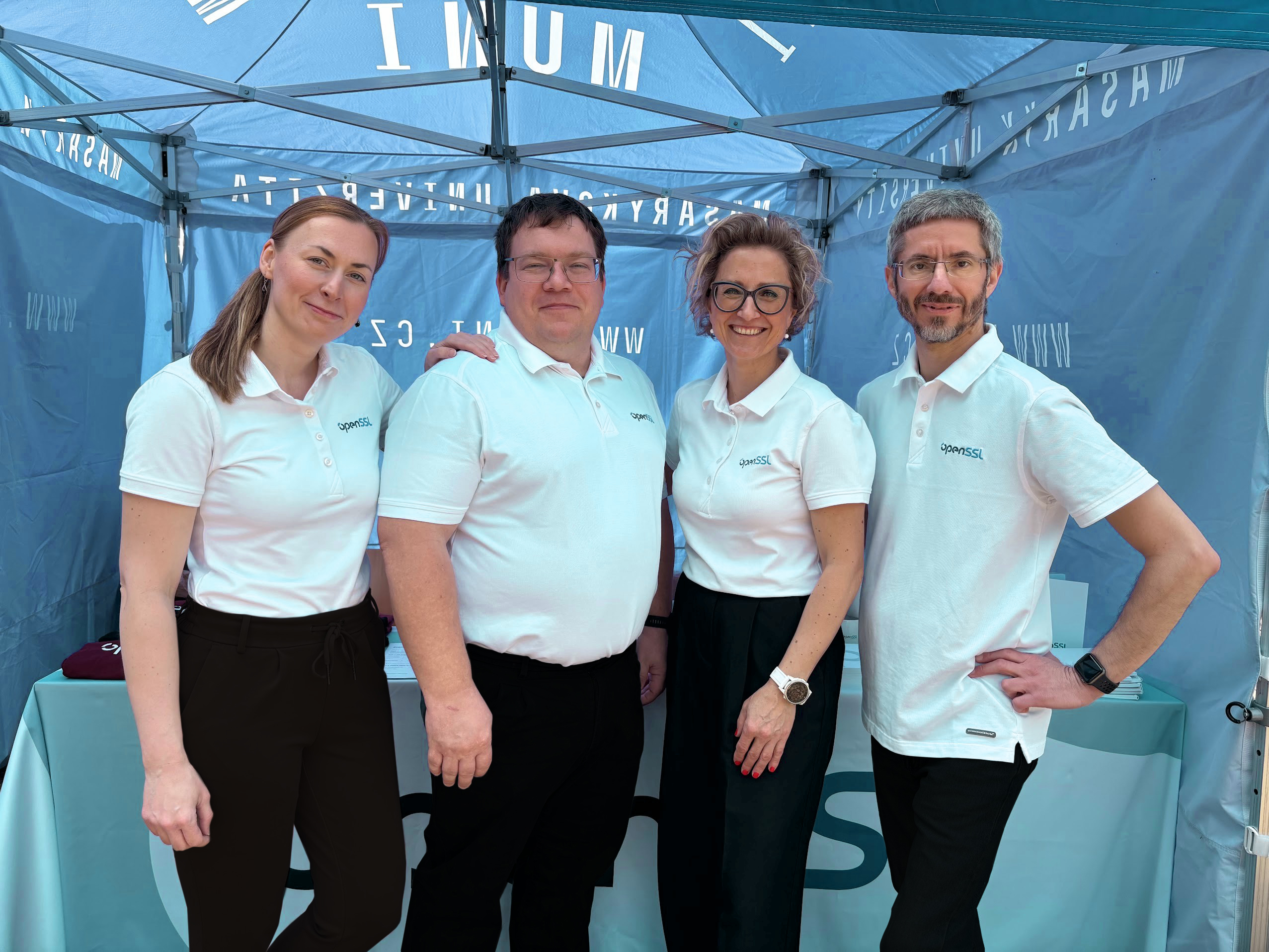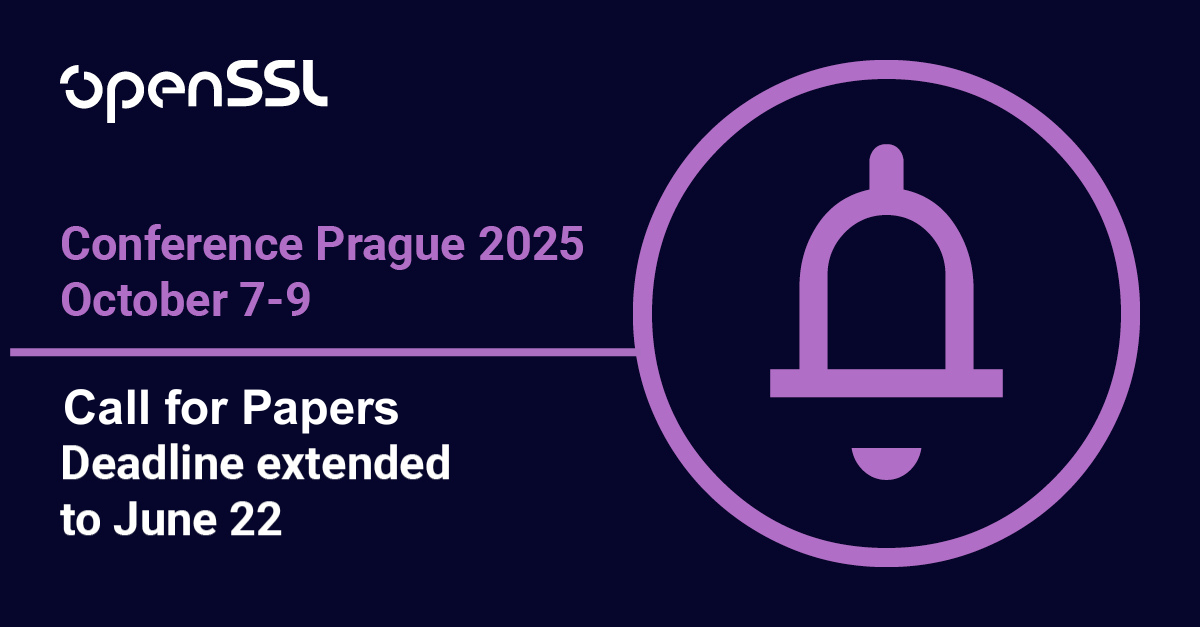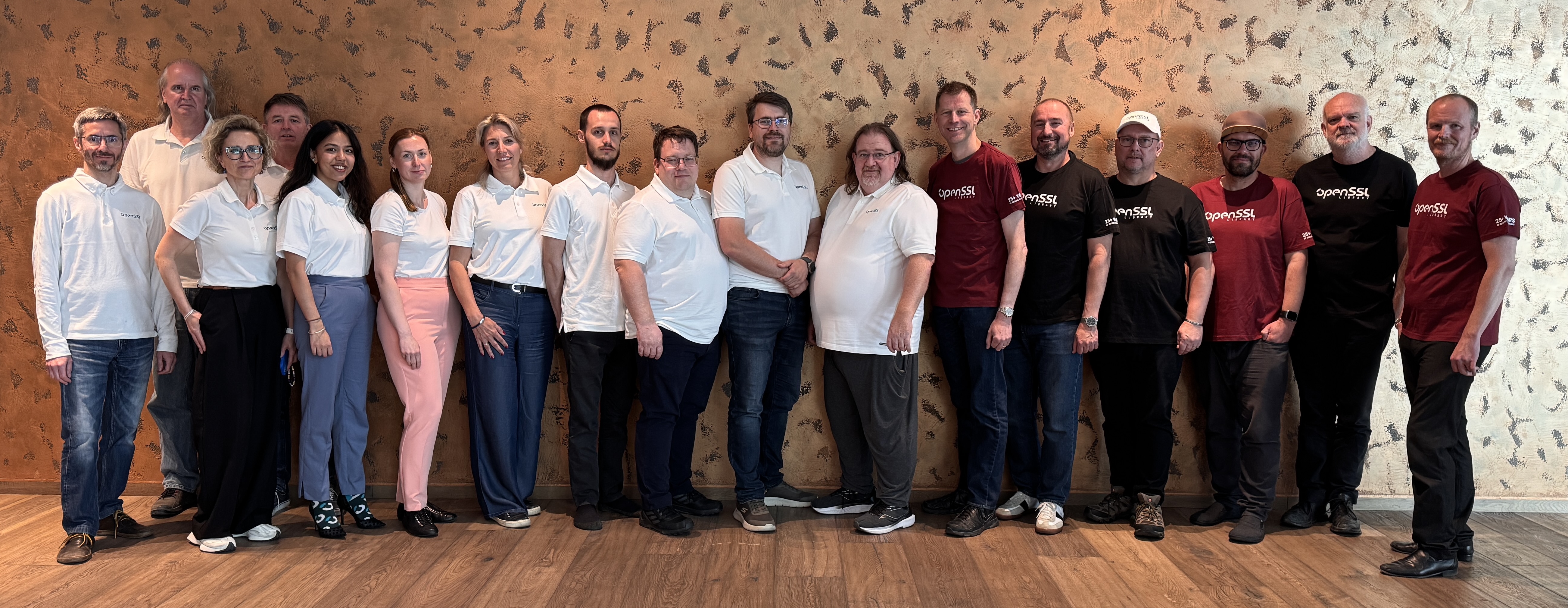OpenSSL Corporation at NYC Tech Week 2025: Advancing Security, Trust, and Open Innovation
NYC Tech Week 2025 brought together technology leaders, researchers, and policymakers across New York City for critical conversations shaping the future of technology. As part of OpenSSL Corporation’s ongoing commitment to universal access to security and privacy tools, Kajal Sapkota, Marketing and Communications Specialist at OpenSSL Corporation, attended to engage directly with emerging trends, share our perspective, and strengthen connections within the quantum, AI, cybersecurity, and open-source communities.











